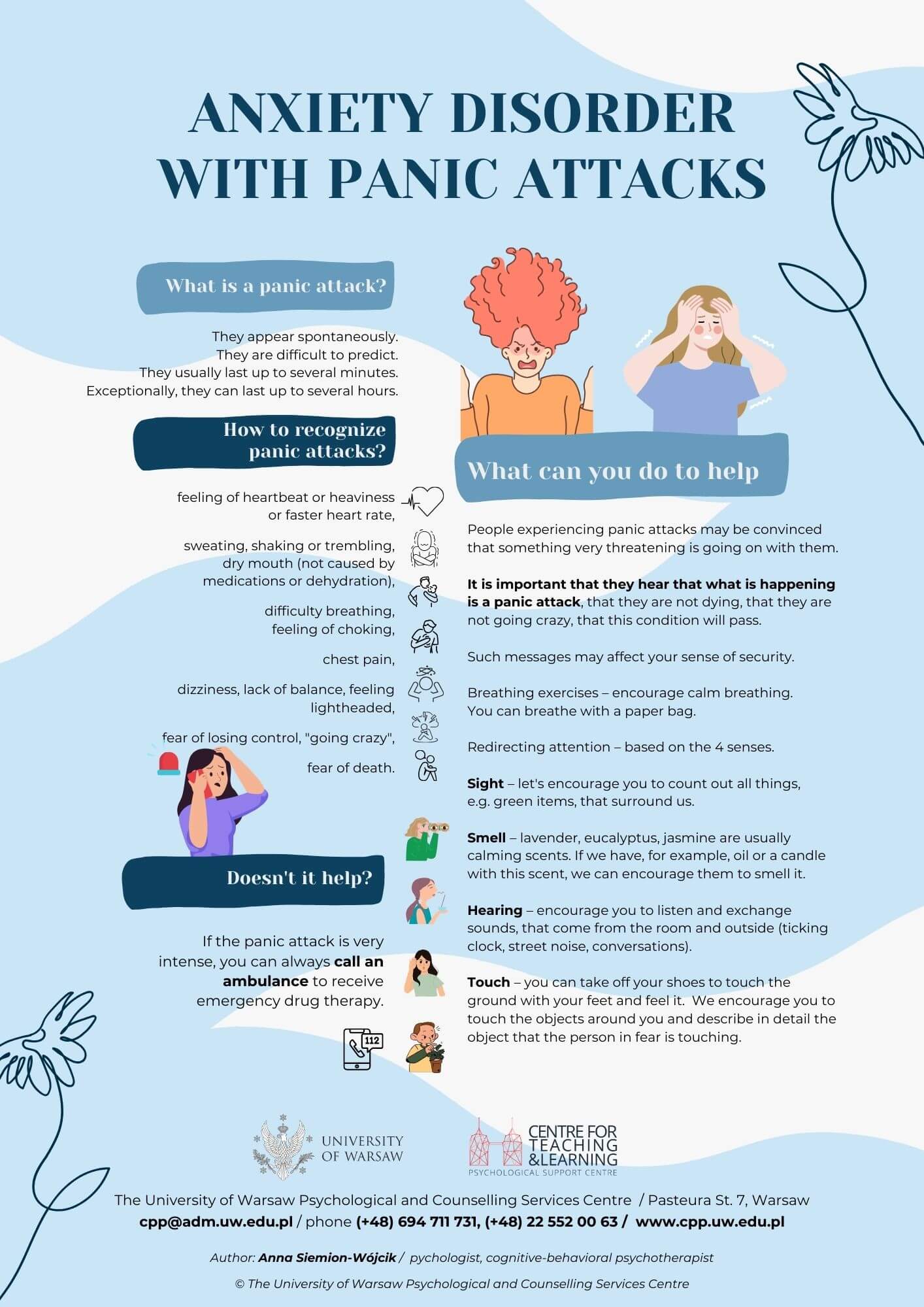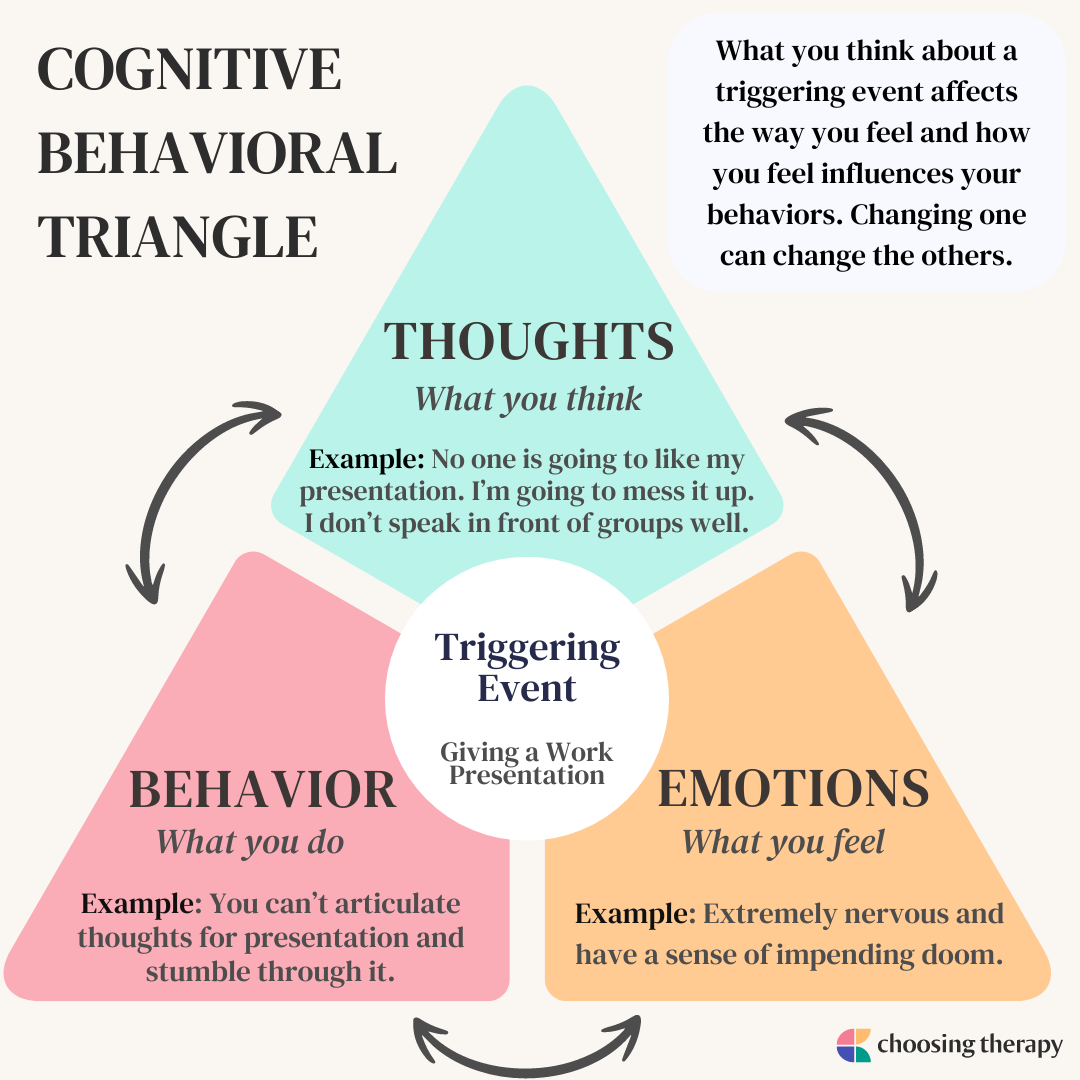Discover lasting relief with a licensed therapist for anxiety you can trust
Discover lasting relief with a licensed therapist for anxiety you can trust
Blog Article
Exploring Different Methods in Therapy for Stress And Anxiety Problem for Long-term Change
When tackling stress and anxiety conditions, it's necessary to explore a selection of counseling approaches. Each method provides special understandings and tools to aid you handle your signs properly. You could discover that integrating strategies can yield the very best outcomes. Nonetheless, comprehending the subtleties of these strategies is crucial to promoting long-term adjustment. What happens if the best combination could release a brand-new degree of psychological health for you?
Recognizing Anxiousness Disorders: A Brief Summary
Stress and anxiety problems, which affect countless people worldwide, can substantially impact day-to-day life. You could experience overwhelming feelings of fear or fret that seem unmanageable. These feelings can bring about physical signs and symptoms like a racing heart, sweating, or even lightheadedness. Common kinds of stress and anxiety disorders consist of generalized anxiousness disorder, panic attack, and social stress and anxiety problem. Each has distinct signs, yet they all share a tendency to interrupt your routine and relationships.Understanding the origin of your stress and anxiety is essential. It may originate from genes, brain chemistry, or life experiences. Identifying your triggers can assist you handle your reactions much better. It's crucial to keep in mind that you're not the only one in this battle. Many individuals deal with similar challenges, and seeking help is a strong step toward sensation better. By learning concerning stress and anxiety conditions, you're already on the path to understanding and handling your problem better.
Cognitive-Behavioral Treatment: Testing Negative Thought Patterns
In Cognitive-Behavioral Therapy, you'll begin by identifying the unfavorable idea sets off that add to your anxiety. You'll function on changing them with more positive alternatives when you recognize these thoughts. With each other, you'll construct effective coping methods to help manage your stress and anxiety in day-to-day scenarios.
Identifying Negative Thought Triggers

Recognizing the specific triggers behind your negative ideas can be important in managing anxiety when you encounter moments of distress. Start by taking notice of scenarios that prompt sensations of fear or concern. Is it a congested room, an approaching deadline, or a conversation with particular individuals? Take down these instances in a journal. This will help you identify patterns in your reasoning. Additionally, notification physical feelings that accompany your unfavorable thoughts, like a racing heart or tightness in your chest. By pinpointing these triggers, you get insight right into what's fueling your anxiety. Understanding these connections is the very first step in challenging those ideas and eventually restoring control over your psychological responses.
Changing Thoughts With Positives
Testing negative thought patterns is an important action in transforming your mindset and reducing anxiety. You may commonly discover yourself entraped in cycles of insecurity or disastrous reasoning. Rather than allowing these thoughts dictate your sensations, method replacing them with positive affirmations or reasonable options. When you assume, "I can't manage this," shift it to, "I can manage difficulties one step at a time." This basic adjustment can considerably affect your emotion. On a regular basis determining and responding to these unfavorable ideas assists produce a much healthier interior discussion. Bear in mind, it takes some time and initiative, yet consistently exercising this method can lead to long lasting change, empowering you to face stress and anxiety with renewed confidence and resilience.
Structure Coping Strategies Together
Replacing negative ideas is only the start of managing stress and anxiety efficiently. To develop enduring adjustment, you need to construct coping techniques that equip you. Cognitive-Behavioral Treatment (CBT) aids you identify and challenge those purposeless thought patterns. With each other, you and your therapist can explore how these ideas impact your feelings and behaviors.Start by developing useful strategies, like journaling or mindfulness workouts, that allow you to face anxiousness head-on. When you face your fears gradually, you'll discover to respond in different ways.

Mindfulness and Acceptance-Based Approaches: Cultivating Present-Moment Awareness
As you browse the complexities of stress and anxiety, including mindfulness and acceptance-based approaches can significantly improve your ability to grow present-moment recognition. By concentrating on the right here and now, you'll locate that you can observe your thoughts and feelings without judgment (Counseling services for anxiety). This method helps you recognize your anxiety without feeling bewildered by it.Engaging in mindfulness workouts, such as deep breathing, body scans, or led meditations, allows you to ground on your own in your existing experience. Acceptance-based approaches encourage you to welcome your emotions instead of fight against them. They shed their power over you.Incorporating these techniques into your everyday regimen can change how you respond to anxiety when you accept your feelings. You'll create durability and learn to browse stressful circumstances with better convenience. Eventually, growing present-moment recognition lays the structure for enduring change, equipping you to lead an extra fulfilling life
Exposure Treatment: Challenging Worries Progressively
Exposure therapy helps you challenge your concerns in a gradual method, making it much less overwhelming. You'll find out techniques to face anxiety-provoking circumstances detailed, while additionally developing coping strategies to handle your reactions. This strategy empowers you to take control and minimize anxiousness in time.
Progressive Exposure Strategies

When dealing with anxiousness, slowly confronting your worries can be an effective way to regain control. This technique, understood as steady exposure, entails slowly subjecting yourself to the scenarios or items that cause your anxiety. Begin with much less challenging circumstances and gradually work your means up to more challenging ones. If you're worried of public speaking, you might begin by speaking in front of a mirror, after that proceed to sharing thoughts with a close friend, and at some point attend to a tiny team. Each step assists desensitize you to the concern, constructing your confidence with time. Bear in mind, it's important to rate on your own and celebrate here tiny triumphes as you move with this process, reinforcing your capacity to handle anxiousness properly.
Building Coping Methods
Building efficient coping approaches is important for managing stress and anxiety, especially as you face your worries gradually - Counseling services for anxiety. One powerful method is exposure treatment, where you begin by encountering your concerns in a regulated manner. Start with much less intimidating circumstances and gradually function your method approximately even more challenging scenarios. This steady exposure aids desensitize you to anxiety triggers, making them less overwhelming.Incorporate relaxation techniques, such as deep breathing or mindfulness, to soothe your mind during direct exposure. Track your progression, commemorating tiny triumphes along the road to enhance your self-confidence. Keep in mind, it's alright to take your time; the goal isn't excellence but steady enhancement. By constructing these approaches, you'll equip on your own to navigate anxiousness and accept life a lot more completely
Psychodynamic Therapy: Uncovering Origin of Stress And Anxiety
Psychodynamic therapy discovers the subconscious mind, disclosing the origin of your stress and anxiety. By examining your ideas, sensations, and past experiences, this strategy helps you uncover underlying conflicts and unsettled concerns that may add to your current stress and anxiety. You'll function with a therapist to examine childhood experiences, connections, and psychological patterns that shape your responses today.As you gain understanding into these much deeper layers of your mind, you'll begin to recognize exactly how past occasions influence your existing actions. This understanding can result in catharsis, allowing you to refine emotions you may have suppressed.Through the restorative connection, you can likewise identify protection systems that may have established in time, providing a clearer course to alter. Eventually, psychodynamic treatment equips you with the tools to resolve your anxiety at its core, advertising enduring makeover in your psychological health.
Integrative and Alternative Approaches: Incorporating Methods for Greater Efficacy
Integrating numerous restorative techniques can enhance your trip towards handling anxiousness better. By combining components from cognitive-behavioral therapy, mindfulness methods, and alternative techniques, you can produce an individualized method that resolves your distinct demands. For example, you might make use of cognitive-behavioral strategies to challenge adverse idea patterns while including mindfulness exercises to ground on your own in today moment.Additionally, checking out holistic practices such as yoga or reflection can promote relaxation and minimize anxiousness signs and symptoms. This blend enables you to develop better self-awareness and resilience.Experimenting with these varied techniques can help you find what resonates most with you. Remember, it's concerning discovering a synergy that works, as opposed to sticking to a single strategy. This integrative approach not only offers instant relief yet also promotes long-term skills for managing stress and anxiety, empowering you to reclaim control over your life.
The Duty of Support Equipments: Building Resilience Through Connection
While it could appear that managing anxiety is a singular trip, having a solid support group can play a vital role in your resilience. Bordering on your own with empathetic pals, family members, or support system produces a risk-free room where you can openly share your sensations and experiences. When you get in touch with others, you remind on your own that you're not alone in this struggle.These partnerships offer inspiration and can provide sensible coping approaches that have benefited others. It's additionally a chance to gain point of view; buddies can assist you see scenarios differently, lowering feelings of isolation.Moreover, emotional assistance cultivates a sense of belonging, which can greatly ease anxiety symptoms. By leaning on your support group, you can develop resilience and tackle challenges better. Keep in mind, reaching out for aid signifies stamina, and it can make all the difference in your journey towards handling anxiousness.
Regularly Asked Concerns
What Are the Common Signs of Stress And Anxiety Conditions?
You may experience uneasyness, fatigue, difficulty concentrating, irritability, muscle mass tension, and rest disruptions. Physical signs and symptoms can include fast heartbeat, sweating, and shivering. Recognizing these indications early can help you look for appropriate support and therapy.
How Lengthy Does Therapy Normally Last for Stress And Anxiety Problems?
Therapy for stress and anxiety problems generally lasts anywhere from a few weeks to numerous months. It really relies on your individual needs, development, and the methods your specialist utilizes to aid you handle your anxiousness effectively.
Can Medicine Be Utilized Together With Therapy for Anxiousness?
Yes, medication can certainly be used alongside treatment for stress and anxiety. Combining both techniques typically boosts treatment efficiency, helping you handle symptoms while discovering underlying problems via counseling (Counseling services for anxiety). Constantly consult your healthcare company for tailored advice
Exist Self-Help Strategies for Taking Care Of Anxiousness?
Yes, there are a number of self-help methods for managing anxiousness. You can exercise mindfulness, participate in routine exercise, maintain a well balanced diet regimen, establish a routine, and use deep breathing strategies to help in reducing anxiety symptoms properly.
Just how Do I Know if I Need Expert Help for Anxiousness?

Report this page